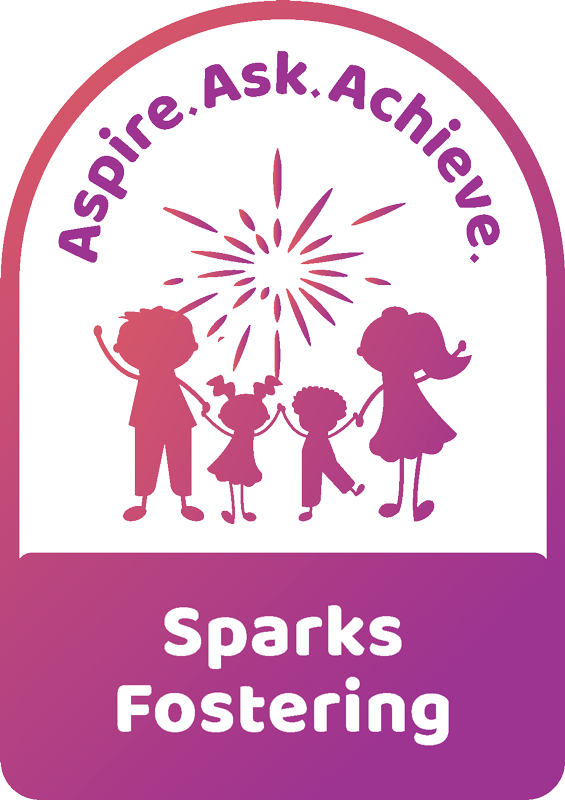How foster parents support reunification with birth families
The ways in which foster parents can support reunification with birth families include:
Review your intentions and feelings about reunification
Foster carers may have mixed feelings about reunification, perhaps because they’ve become very attached to the child and want the child to stay with them, or because they are worried that the child won’t receive adequate care with their birth family.
If the plan for the child is reunification, and if a foster carer feels negatively towards the plan, the foster carers must discuss this openly with their supervising social worker.
Ultimately, the foster carer must remain focused on doing what is in the child’s best interest.
Consider the reasons why the child was separated from the family
In the time that the child lived in a fostering home, some work should have been carried out with the birth family and/or the child so that the relationship between them is better when the child returns home. Where possible and appropriate, foster carers should support with any work done to prepare the child to have a more settled relationship with their birth family.
Support family time
Foster carers are expected to facilitate contact between the children and their family (and others significant to the child). Foster carers can also be alert to how the child presents before, during and after contact so that this information can be shared with the social workers and so the child can be supported if necessary.
Consider the limits of the role of foster carer
Foster carers can become very attached to the children they care for, which is encouraged; however, the foster carers do not have parental responsibility and must always be mindful that decisions for the children are made by the child’s social worker and/or the child’s family.
Communicating with the child’s family
Some foster carers have direct contact with the child’s family; in this circumstance the foster carers can offer direct support to the child’s family in preparing for the child to return home. Any contact between foster carers and family should only happen with the close oversight of the foster carer’s social worker and the child’s social worker.
Prepare the child for reunification
Transitions to new homes, even returning home to family, can be very unsettling for children. When possible, children should be supported with the move.
Offer to have continued contact with the child and family
Foster carers should speak with their social worker and the child’s social worker about whether it would be possible to have some ongoing contact with the child after the child moves back to their family home.






